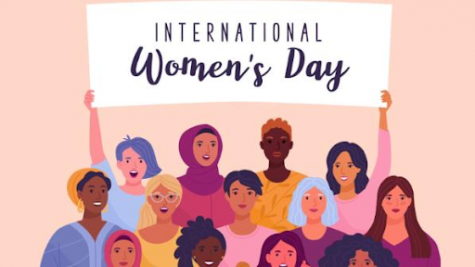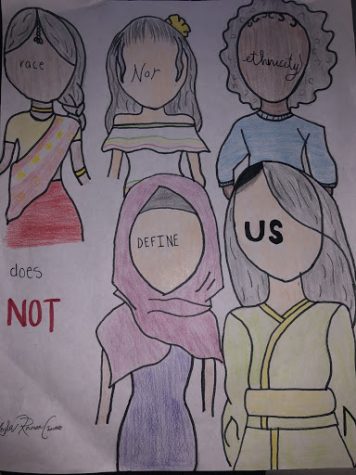Social Networks, More of a Communication Tool or a Distraction?
Every day the evolution of technological devices and innovative updates of social networks have been incorporated into the daily routine of the majority of the population. Social media has had a great impact especially on young individuals, whether it’s to facilitate communication, share posts or only to entertain. However, society questions how to define social networks. Some people say social networking is an opportunity to socialize with people around the globe, but others think it’s a source of distraction–especially for students.
In teenagers, the use of telephones should be controlled from the very moment that they get them. Mainly their parents or guardians are the ones who have the great responsibility and authority to establish a schedule of use or some type of conditions for their child’s phone use, which will vary based on how responsible their children are. I particularly disagree with an article I read, which says that “Facebook is an equivalent…to what it was years ago to meet at the end of school.” This argument compares the way people virtually hang out on Facebook to the way kids literally hang out at the end of a school day. The author’s casual tone leads the reader to infer that dangers from online communication are equal to those that we encounter in life.
In addition, studies have shown that most boys ages 12-16 are presenting behavioral issues and academic noncompliance because they are distracted by their status updates on Instagram or Snapchat messages. Whether or not it is voluntary, they are focusing most of their attention and time on these social networks in order to get the quick, easy responses. At their age, not many people have the maturity or responsibility to restrain themselves from those temptations and although we may not want to admit it, their main priority is socializing. For example, based on a survey of adolescents from 13 to 17 years old in Argentina, more than 50% of the use of social networks is devoted to getting in touch with their friends.
In conclusion, social networks may help to facilitate communication, but most young people abuse it. That’s why it’s not the best socializing tool for teenagers. It could be very valuable if they could socialize in person since that would give them a great advantage in their communication skills for their professional future.
Do you have an essay or writing piece from class that you would like to share with our readers? Please stop by our Mercury Newspaper meeting (held every Monday from 3-4 p.m. in room 215) or email a copy to Dr. Hannigan or Ms. Belfiore. We look forward to reading your work!










